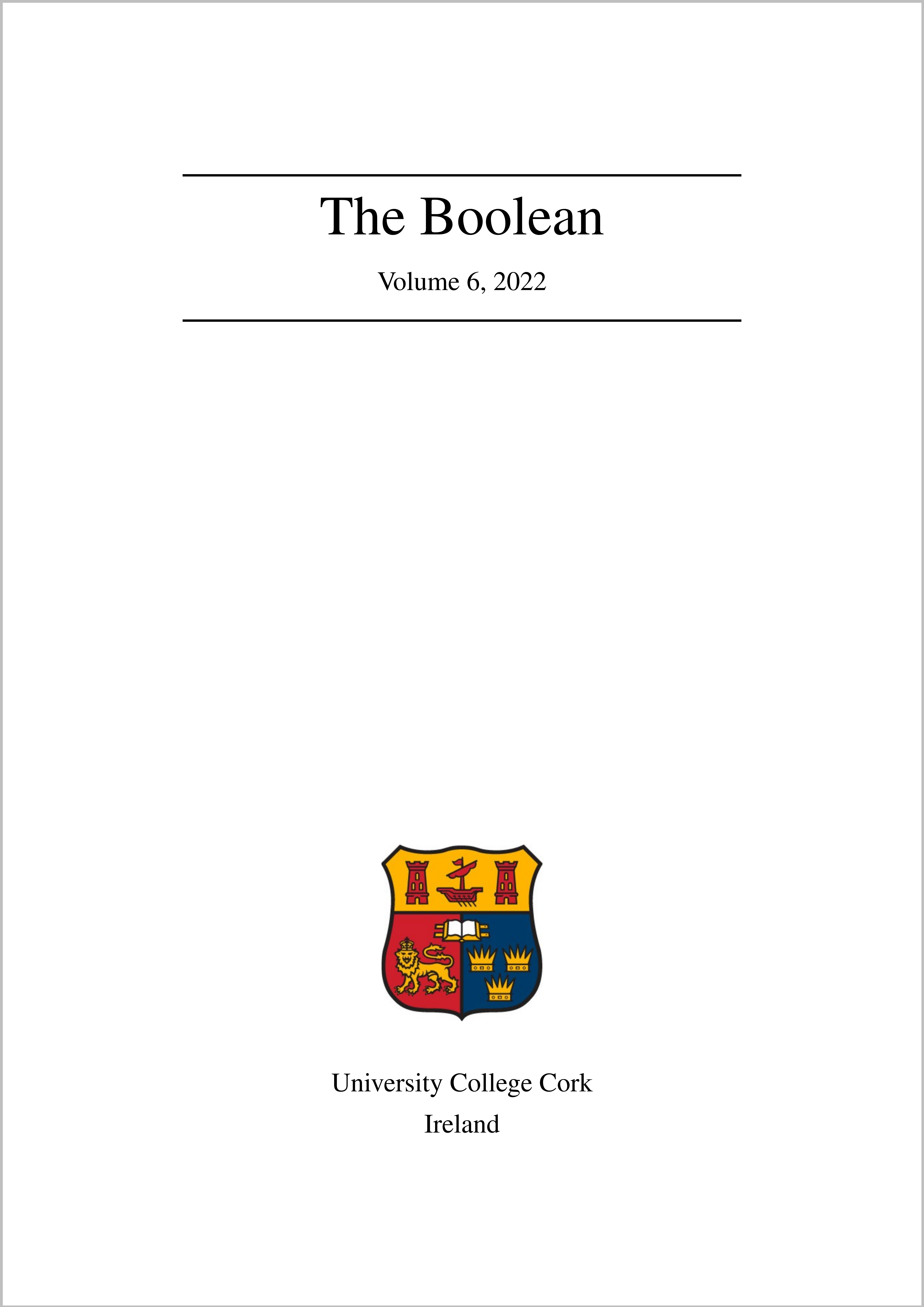The KidScope Study: An Analysis of a Community Paediatric Clinic Set in a Disadvantaged Area of Ireland
DOI:
https://doi.org/10.33178/boolean.2022.1.19Keywords:
Child health, child health services, vulnerable populations, disadvantaged communities, child development, developmental delayAbstract
The most critical period of human development is from conception to age six years when important brain structures develop. These structures influence child development, well-being, learning, and behaviours that follow. Research shows children from economically disadvantaged areas have poorer developmental, health, and lifelong outcomes. A considerable proportion of developmental delay is avoidable and early detection and intervention can improve child, family, and community outcomes. Ireland’s disjointed early intervention system sees children from more affluent communities access services faster through paid private assessment and intervention. KidScope is the only community paediatric clinic in Ireland to offer assessment and onward referral from birth to six years within a disadvantaged area. The clinic intercepts the gap within the early intervention system and breaks the cycle of intergenerational poverty by disrupting the impact exclusion to healthcare has on vulnerable children and families. We aim to evaluate KidScope in order to contribute to the evidence on addressing avoidable developmental delay in disadvantaged areas through early detection and timely referral to services. Findings to date highlight the challenges vulnerable families face when accessing paediatric healthcare, the healthcare needs of children experiencing adversity, and how community paediatric clinics identify and support developmental delay.
References
Downloads
Published
Issue
Section
License
Copyright (c) 2022 Lynn Buckley, Louise Gibson, Katherine Harford, Nicola Cornally, Margaret Curtin

This work is licensed under a Creative Commons Attribution-NonCommercial-NoDerivatives 4.0 International License.



